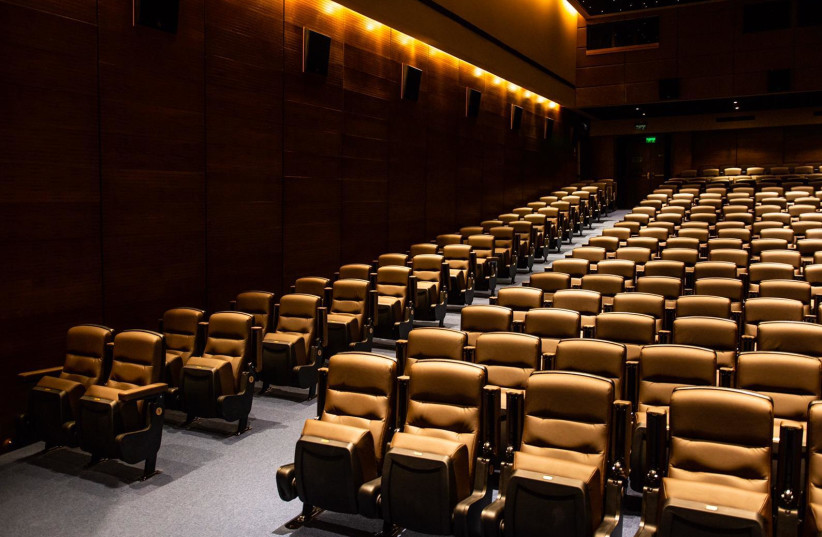Following a $10 million preservation, restoration, and digitization process, the entire Israel Film Archive (IFA), Israel’s official film deposit center, a part of the Jerusalem Cinematheque, is now available online in North America as well as in Israel (https://jfc.org.il/)
In addition, the materials available on the website have been translated into English and the entire archive can now be searched in English, with search terms for over 8,000 topics and over 4,000 people.
The website features newsreels (including every newsreel produced in Israel from 1927-1972), home movies (offering a personal view of Israel from residents and visitors over the decades), 300 feature films made in Israel (96% of all feature films made in Israel are included) and other rare films, including footage by the Lumière Brothers from their visit to Jerusalem, Bethlehem and Jaffa in 1896. The vast majority of the content on the archive is free and there is a small fee for some of the feature films.
Ten important Israeli feature films can now be rented for an entire year for $4.99 or NIS 15 via the IFA website. These classics include dramas, comedies and cult movies. Among them are three films by Boaz Davidson, including Charlie and a Half, starring Yehuda Barkan; Avi Nesher’s Turn Left at the End of the World, a drama about Indian and Moroccan immigrants in a Negev town; and Uri Zohar’s Three Days and a Child, an adaptation of the A. B. Yehoshua short story, which won the Best Actor Award for Oded Kotler at the Cannes Film Festival.
The IFA started as Jerusalem Cinematheque founder Lia van Leer’s personal collection and was once housed in her home. Today, it is an active member of the International Federation of Film Archives and holds over 32,000 titles, recorded on two million meters of film, and 4,500 hours of productions made in Israel and has a digital storage volume of about 6 petabytes (6 million gigabytes). The digitization process was begun in 2015 and was carried out by dozens of researchers, catalogers, and other staff. In recent years, the IFA has restored feature films that were in a 16mm format, including Avanti Popolo, Siege and Life According to Agfa, which were not only shown at the Jerusalem Film Festival but also at Cannes and the Berlin International Film Festival.

Partners in the IFA include the Jaglom Family Foundation, the Beracha Foundation, the Matanel Foundation, national lottery Mifal Hapayis, the Ministry of Culture and Sport, the Jerusalem Development Authority and the Ministry of Jerusalem and Heritage.
Noa Regev, director of the Jerusalem Cinematheque - Israel Film Archive, said: “Seven years ago we embarked on this project with the aim of transforming the archive into a digital cultural institution accessible to everyone everywhere. The new platform will no doubt serve researchers, filmmakers, culture and history buffs, students, and anyone looking to locate cinematic materials from their personal history.”
Dr. Tali Yariv Mash’al, director of the Beracha Foundation, said: “The history of filmmaking in Israel is a treasure trove of images and moments that illustrate the historical processes of the entire region and Israel in particular. We’re proud to be among the initiators and donors of this important project.”
Dafna Jaglom, on behalf of the Diamond Charity Foundation, said: “I am very proud of the work done and very happy with the end result. The platform is a public treasure which is accessible for the enjoyment of the general public. I look forward to hearing the reactions and public opinion regarding the use of the site.”
